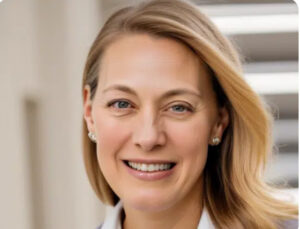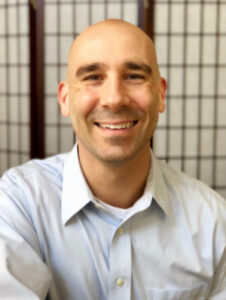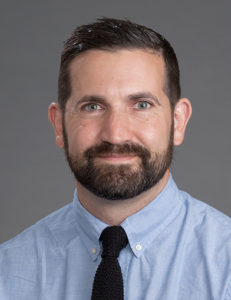
Podcast: Play in new window | Download
Today we are joined by a remarkable guest, Dr. Trenna Sutcliffe, a board-certified developmental-behavioral pediatrician and the founder of the Sutcliffe Clinic in the San Francisco Bay Area. Her educational history is impressive. She completed her undergraduate education in Molecular Biology and Medical Genetics followed by a masters degree in Biophysics at The University of Toronto. She obtained her Medical degree at McMaster University before her pediatric residency and training finished at the Hospital for Sick Children in Toronto. And oh by the way, she then did a year of pediatric Neurology residency and a Fellowship in Developmental Pediatrics. And finally, another Masters degree in Epidemiology at Stanford University. Thus, her educational path has allowed her to see the developmental landscape through a wider lens covering many disciplines. Dr. Sutcliffe started the first Developmental Pediatrics Clinic at Stanford and played the role of trailblazer throughout her career.
With over 25 years of experience, Dr. Sutcliffe specializes in supporting children with autism, ADHD, and anxiety, offering a multidisciplinary approach to diagnosis and treatment. In this episode, she’ll share her insights on the rising prevalence of these conditions, the importance of personalized care, and practical strategies for parents navigating developmental challenge. Fundamentally, Dr. Sutcliffe is a going to educate us on a better way to deliver whole person care to the developmentally challenged and beautiful children of this country.
Two words encapsulate her work: empowering and thoughtful.
Let’s dive into this conversation with Dr. Sutcliffe to learn how we can help our children thrive!
Dr. M





















